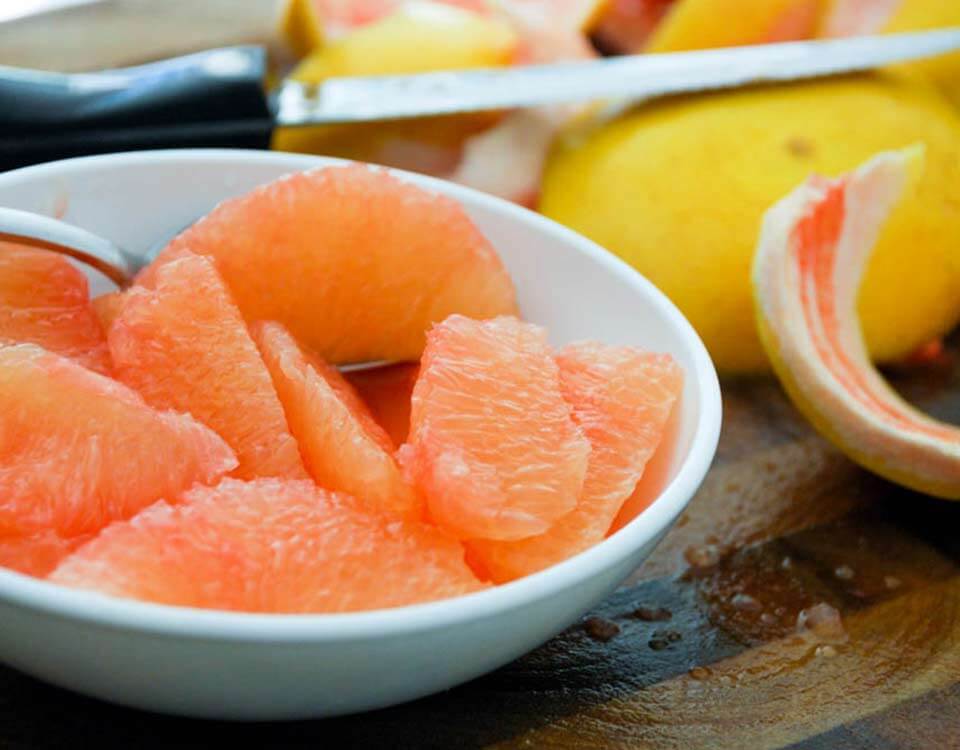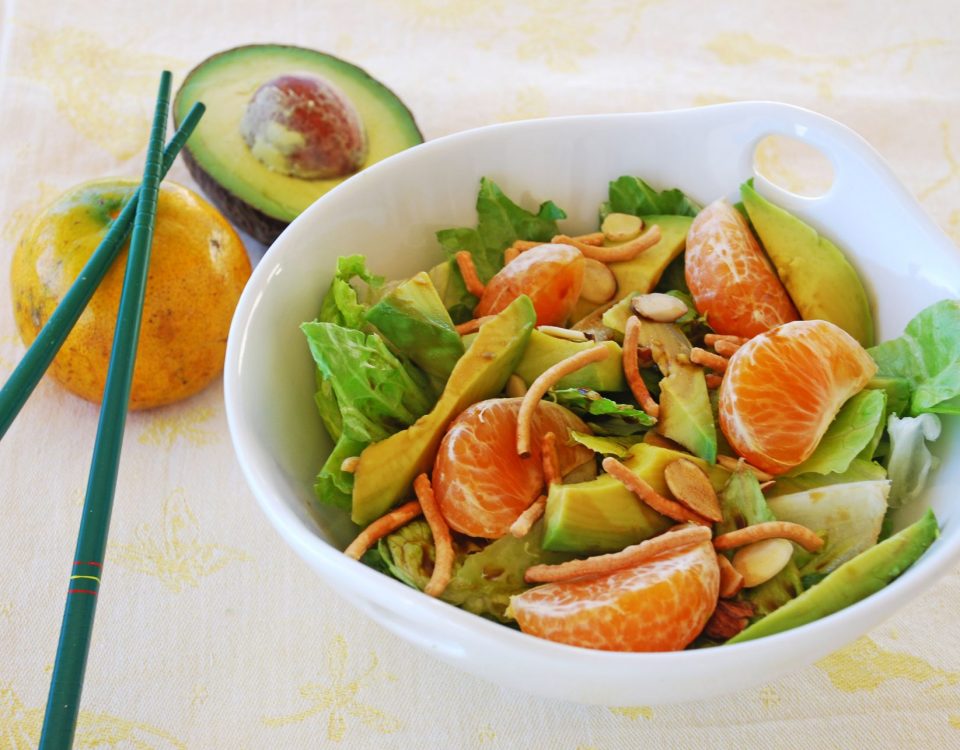Breaking Down Vitamin B

Walking down the supplement aisle can feel like a game of Battleship gone awry. Stray letters and numbers dot the shelves, seemingly devoid of all meaning – an A here, a K there, and at least 5 variations of the letter B. B3? Miss. B4? Miss. B12? You sunk my Battleship. So what is Vitamin B, and is there a way avoid a trip to the mineral minefield in your local supermarket?
“Vitamin B” actually refers to a group of water soluble vitamins (meaning they are carried through the body by water molecules and cannot be stored for later in our adipose tissues) that each have a unique role to play in keeping our bodies in optimal health. Because the body does not make or store these vitamins on its own, we need to consume them every day to reap their benefits. Without further ado, let’s meet the B’s:
Vitamin B1: Thiamine
Thiamine helps prevent digestive issues, boosts the immune system, helps prevent eye and heart disease as well as warding off canker sores and motion sickness.
Found naturally in green veggies, nuts, oranges, seeds, and fish
Vitamin B2: Riboflavin
Riboflavin converts carbohydrates into fuel (forget the energy drinks) and activates Vitamin B6 and folic acid. It’s known to help with healthy hair, skin, and nails, speed wound recovery, and even reduce memory loss, muscle cramps, and high blood pressure
Found naturally in dairy products, red meat, leafy greens, and mushrooms
Vitamin B3: Niacin
Niacin processes alcohol, forms fats from carbohydrates and regulates cholesterol. A natural “detox”, it helps your liver remove harmful chemicals from your body and can lessen the severity of or prevent migraines.
Found naturally in poultry, nuts, mushrooms, and fish
Vitamin B5: Pantothenic acid
Pantothenic acid helps the body get energy from fats, synthesizes cholesterol and helps activate adrenal glands. Some studies suggest it can help fight clinical depression, boost athletic ability, and banish insomnia.
Found naturally in grapefruit, avocado, broccoli, duck, eggs, and oily fish
Vitamin B6: Pyridoxine
Pyridoxine regulates moods and mental processes by helping to form hormones, melatonin, serotonin dopamine and neurotransmitters. It can also help decrease some forms of nausea, symptoms of PMS, and anemia.
Found naturally in fish, starchy vegetables, pistachio nuts, beef, chicken and turkey breast
Vitamin B9: Folate
Folate helps the body to produce red blood cells. Folate is especially important during pregnancy, as it can prevent some types of birth defects.
Found naturally in green vegetables, citrus fruits, beans and legumes, and leafy greens
Vitamin B12:
Vitamin B12 is a necessary factor in red blood cell formation, DNA synthesis, and brain function. Studies show that B12 deficiency can lead to reduced energy, memory loss, and even heart disease.
Found naturally in dairy products, eggs, meat, and shellfish
—
There’s more to this vitamin group than meets the eye, but most of us can get all of these through a healthy, balanced, and delicious diet. Need some inspiration? Click here to try a recipe that incorporates B12, B9, B5, and B2 all in one easy to make meal (and did we mention it tastes amazing? Because it totally does).




